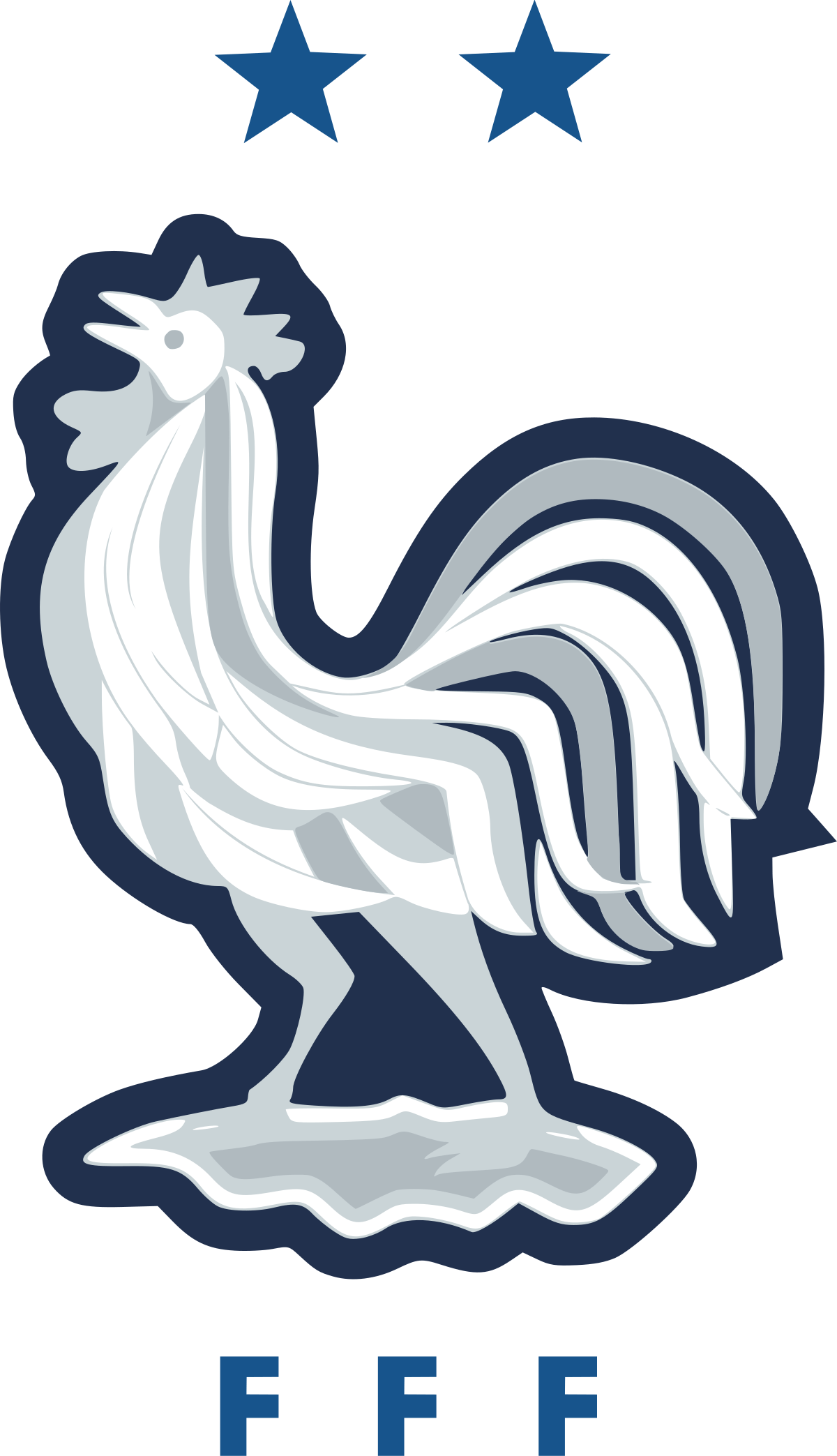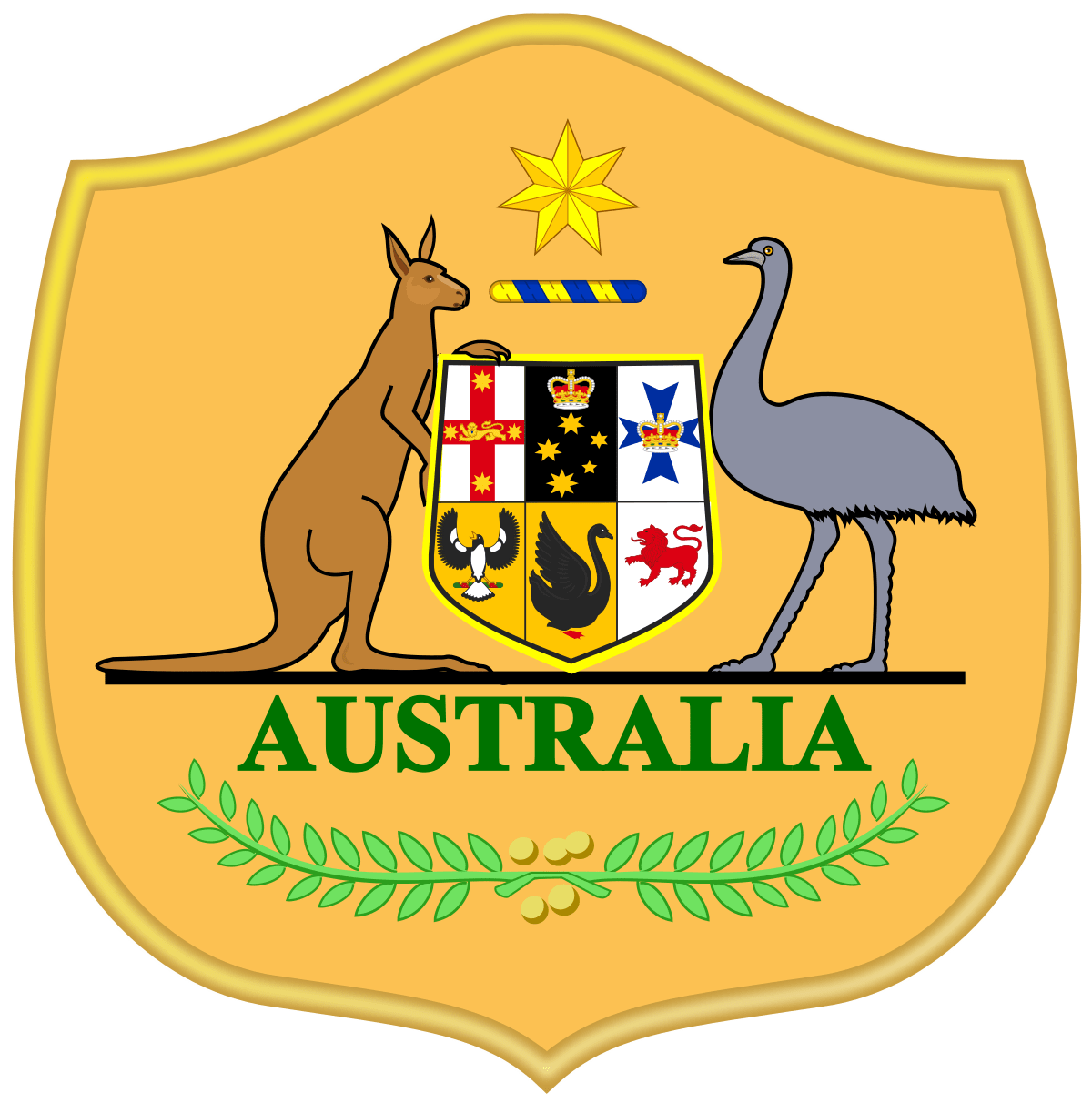
Denmark (De Rød-Hvide)
Quarter Finalists: 1 (1998)
Round of 16: 3 (1986, 2002, 2018)
Group Stage: 1 (2010)
Current FIFA Ranking: 10
Christian Eriksen
Read More
Joakim Mæhle
Read More
Andreas Skov Olsen
Read More
Kasper Hjulmand
Read More
Group D Schedule
Game 1 – Tuesday 22nd November 2022

Tunisia
16:00 Qatar Time/13:00 GMT
Education City Stadium, Al Rayyan
Game 2 – Saturday 26th November 2022

France
19:00 Qatar Time/16:00 GMT
Stadium 974, Doha
Game 3 – Wednesday 30th November 2022

Australia
18:00 Qatar Time/15:00 GMT
Al Janoub Stadium, Al Wakrah
Notable Honours
Denmark’s greatest achievement came in 1992 when they won the European Championship as replacements for the disqualified Yugoslavia. Their best position in the World Cup was the quarter-finals in 1998, and they also won the 1995 Confederations Cup (then known as the King Fahd Cup. They also attained Silver Medals at the 1908, 1912 and 1960 Summer Olympics.
Strong Beginnings
On the surface, it might appear as though Denmark did not rise to prominence until the 1980s. However, the truth is that prior to the first FIFA World Cup in 1930, Denmark were considered to be one of the stronger footballing nations – winning two Olympic silver medals in 1908 and 1912, respectively, and retaining a number 1 ELO world ranking for much of the period between 1908 and 1920. The Danish football association, the DBU, would not send another team to a major tournament until the 1948 Olympic Games in London, which resulted in a bronze medal. This highlighted the strength of talent available to them despite the lack of ambition/resources of the DBU.
Another Olympic Games appearance followed four years later – a quarter-final exit. This influenced the DBU’s decision not to send a team to the Olympics in 1956. It was becoming increasingly difficult for Denmark to remain competitive at international level because of a strict adherence to amateurism. This meant that not only did the vast majority of Denmark’s better players, such as Karl Aage Praest, John Hansen, and Harald Nielsen, ply their trade abroad, but also that the domestic league was also an amateur competition. Despite this, Denmark placed well in the 1960 Olympics with another silver medal. Furthermore, upon entering the 1964 European Nations’ Cup (now the UEFA European Championship), they promptly reached the semi-final, although their opponents en route were Malta, Albania and Luxembourg.
The Professional Era and Mexico ’86
The DBU eventually abolished amateurism in 1971, allowing Denmark to make full use of the talent at their disposal, such as 1977 European footballer of the year Allan Simonsen. However, the setup was still an amateur one until the appointment of their first full-time coach Sepp Piontek in 1979. This resulted in a transformation of their fortunes following a string of qualification disappointments in the 1970s. Evidence of this progress was found in the 1982 World Cup qualification campaign, specifically a 3-1 victory over eventual World Cup champions Italy. Denmark failed to qualify, but the footballing world took notice.
With world-class players such as Michael Laudrup and Preben Elkjaer, Denmark firmly established themselves at the top table of international football. Their performances included a Euro ’84 semi-final exit to Spain and their first World Cup appearance in 1986 with a round of sixteen exit to the same side, but featuring a 6-1 victory over Uruguay. A lean period ensued with an exit in a group of death also comprising Spain, West Germany and Italy in Euro ’88, followed by failure to qualify for Italia ’90, which prompted Piontek’s resignation to be replaced by Richard Moller Nielsen.
Euro ’92 Triumph
Despite initially failing to qualify for Euro ’92, Denmark were handed a reprieve due to sanctions imposed as a result of Yugoslavia breaking up, leading to the Slavic nation being disqualified. As a result, 2nd placed Denmark replaced Yugoslavia in the tournament. Despite missing the talents of legendary midfielder Michael Laudrup (who is now considered one of the greatest players of all time), it was his younger brother Brian, a highly talented footballer in his own right, who rose to the occasion. He, alongside the rapidly ascending goalkeeper Peter Schmeichel, produced a string of outstanding performances. Advancing from a group containing both England and France, a victory on penalties against defending champions the Netherlands and a shock 2-0 victory over World Champions Germany ensured that Denmark lifted their first major international trophy.
Mixed Fortunes and the High of France ’98
Somewhat surprisingly, Denmark failed to qualify for the 1994 World Cup and suffered a group stage exit in Euro ’96. In France ’98, under new management with the appointment of Bo Johansson, Denmark enjoyed something of revival featuring both Laudrup brothers in what was to be their final international campaign. Although they suffered a quarter-final exit at the hands of a great Brazilian side, the campaign featured an impressive 4-1 victory over Nigeria in the round of sixteen.
Under the leadership of Morten Olsen, a prominent national team player during his playing career, Denmark adopted a uniformly attacking strategy at all levels of the game. Olsen even made it a necessary condition to retain his services. Doggedly opposed to 4-4-2, the game was revamped at all levels and players such as Jesper Gronkjaer and Dennis Rommedahl rose to prominence for their pace, trickery and ability to stretch defences.
This approach yielded more consistent major tournament qualifications. However, arguably this cavalier style saw them come unstuck in knockout games in 2002 and 2004, to England and a maverick Czech Republic side respectively. Failure to qualify in 2006 and 2008 resulted in heavy criticism, but they did return in 2010, succumbing to a group stage exit in a section containing the Netherlands, Cameroon and Japan. Denmark failed to emerge from the group stage again in Euro 2012, only this time they were drawn in yet another group of death involving Germany, the Netherlands and Portugal, achieving a creditable third place.
Olsen’s Departure and Kasper Hjulmand’s Era
Sadly, the tail end of Olsen’s tenure was characterised by failures to qualify in both 2014 and 2016. In 2018 under coach Age Hareide, Denmark were eliminated in the round of 16 via penalties against eventual finalists Croatia, with the Danes enjoying their best World Cup campaign since 2002. Though Hareide steered Denmark to qualification for Euro 2020, the COVID pandemic delayed the tournament, and he was replaced at the end of his contract by the incumbent Kasper Hjulmand.
Following a horrific incident where key player Christian Eriksen suffered a cardiac arrest in the 43rd minute of their opening game against Finland, Denmark rallied and made it through the group stage of Euro 2020. They played all their group games in Copenhagen while Eriksen recovered. They then annihilated Wales in Amsterdam and defeated the Czechs in Baku. This series of impressive performances were characterised by the use of wingbacks high up the pitch to take advantage of the threat of Joakim Mæhle in particular. Eriksen’s understudy Mikel Damsgaard also impressed. The Danes were defeated 2-1 by England at Wembley in the semi-final by a controversial penalty in extra time, having taken the lead through a Damsgaard free kick, but they had done themselves proud.
Following a strong qualification performance, Denmark will be looking to build on a hugely impressive few years, which has also seen them narrowly miss out on the Nations League Finals next summer. They have a real chance to equal or better their best-ever finish of quarter-finalists in 1998.
Road to Qualification
Group Position: UEFA Group F: 1st
Record: Played:10 W:9 D:0 L:1 F:30 A:3 GD:+27 Points:27
Date of Qualification: 12th October 2021
Denmark cruised through qualification in a group containing Scotland, Israel, Austria, the Faroe Islands and Moldova. Highlights included strong wins at home to Scotland and Israel and a 4-0 destruction of Austria in Vienna. They were impressive at both ends of the pitch, keeping eight clean sheets and scoring 30 goals, an average of three per game. Taking away the final game at Hampden after they had already secured qualification with a margin to spare, Denmark achieved a perfect qualification record. Maehle and Andreas Skov Olsen led the way with five goals apiece, emphasising the former’s significant threat from wingback. The group was straightforward for this talented Danish team, and they will look to build on their performances in Qatar.
Meet the Coach: Kasper Hjulmand (age 50)
Hjulmand forged his reputation at Nordsjaelland, securing a Superliga title in 2012. From there, he earned his shot in the Bundesliga, replacing Thomas Tuchel at Mainz in 2014. Despite a promising start, Hjulmand was sacked following a poor run of form midway through the campaign. Another spell at Nordsjaelland followed until 2019, after which Denmark came calling, leading to the aforementioned impressive Euro 2020 and Nations League campaigns. Hjulmand will look to attack in Qatar and impose Denmark’s fast and exciting style on their opposition. He likes to play entertaining football, and his style is very elegant at times, reminiscent of Danish teams of the past.
Possible Starting XI and Style of Play

Hjulmand has demonstrated tactical flexibility, playing 4 or 5 at the back as the situation warrants. Goalkeeper Kasper Schmeichel remains the number one after his move to Nice from Leicester City this summer. Simon Kjaer and Andreas Christensen offer defensive solidity and experience at centre-back. Joachim Anderson provides cover and can step in if 5 at the back is required. The resurgent and thankfully now healthy Christian Eriksen will be utilised as a traditional number 10 at times and also played in a deeper role at others as he is currently being deployed at Manchester United. His flexibility is essential to the team.
Martin Braithwaite’s industriousness and link-up play will likely earn him a starting role over the mercurial Kasper Dolberg, with the entertaining Mikel Damsgaard and Andreas Skov Olsen as creative playmakers in support. Joakim Mæhle, as ever, will be considered a serious attacking threat on the left flank. This is dependent upon the likes of Pierre-Emile Hojbjerg and Thomas Delaney providing adequate cover, solidity and bite in midfield. This Danish team is exciting and impressive, with all of the players plying their trades in top European leagues, and Hjulmand will be targeting at least a last-sixteen spot and possibly better.
Squad List
Goalkeepers: Kasper Schmeichel, Oliver Christensen, Frederik Ronnow
Defenders: Alexander Bah, Simon Kjaer, Joachim Andersen, Joakim Maehle, Andreas Christensen, Rasmus Kristensen, Jens Stryger Larsen, Victor Nelsson, Daniel Wass
Midfielders: Thomas Delaney, Mathias Jensen, Christian Eriksen, Pierre-Emile Hojbjerg, Christian Norgaard, Robert Skov
Forwards: Andreas Cornelius, Martin Braithwaite, Kasper Dolberg, Mikkel Damsgaard, Jesper Lindstrom, Yussuf Poulsen, Andreas Skov Olsen, Jonas Wind
Key Players
Christian Eriksen
Date and Place of Birth: (14.02.1992, Middlefart)
Current Club: Manchester United
Caps/Goals: 117/39
Thankfully Eriksen appears in good health since his cardiac arrest in Euro 2020. Following his release from Inter due to Serie A regulations regarding cardiac implants, Eriksen returned to prominence following an impressive spell at Brentford, where he acted as their creative fulcrum. He followed this with a move to Manchester United, where he has firmly established himself in their starting XI. Eriksen is a consummate passer with superb technique and vision and is capable of playing any role in central midfield. Denmark will be relying on him to link defence and attack, and his excellent set-piece delivery will prove crucial too.
Joakim Mæhle
Date and Place of Birth: (20.05.1997, Ostervra)
Current Club: Atalanta
Caps/Goals: 31/9
Used almost as a flying winger at times for the national team, Mæhle boasts an impressive strike rate for a wingback and represents a constant threat to the opposition. He has also done well for Atalanta in Serie A in recent seasons, being key to their ultra-attacking system. One of the players of the tournament at Euro 2020, Maehle’s form will prove crucial, and he will look to cross the ball in, link up, and add goals himself.
Andreas Skov Olsen
Date and Place of Birth: (29.12.1999 Hillerod)
Current Club: Club Brugge
Caps/Goals: 23/8
A talented, versatile young forward, Skov Olsen has quickly established himself as one of Denmark’s foremost attacking threats and continues to improve at an impressive Club Brugge side. Afforded a new lease of life following a period of development at Serie A club Bologna, Skov Olsen contributed five goals during Denmark’s qualifying campaign. He is fast, a tricky dribbler and has a good shot. A consistent threat at all levels of the Danish national team setup, Skov Olsen’s rise has been anticipated, and he could be due for a big tournament.
